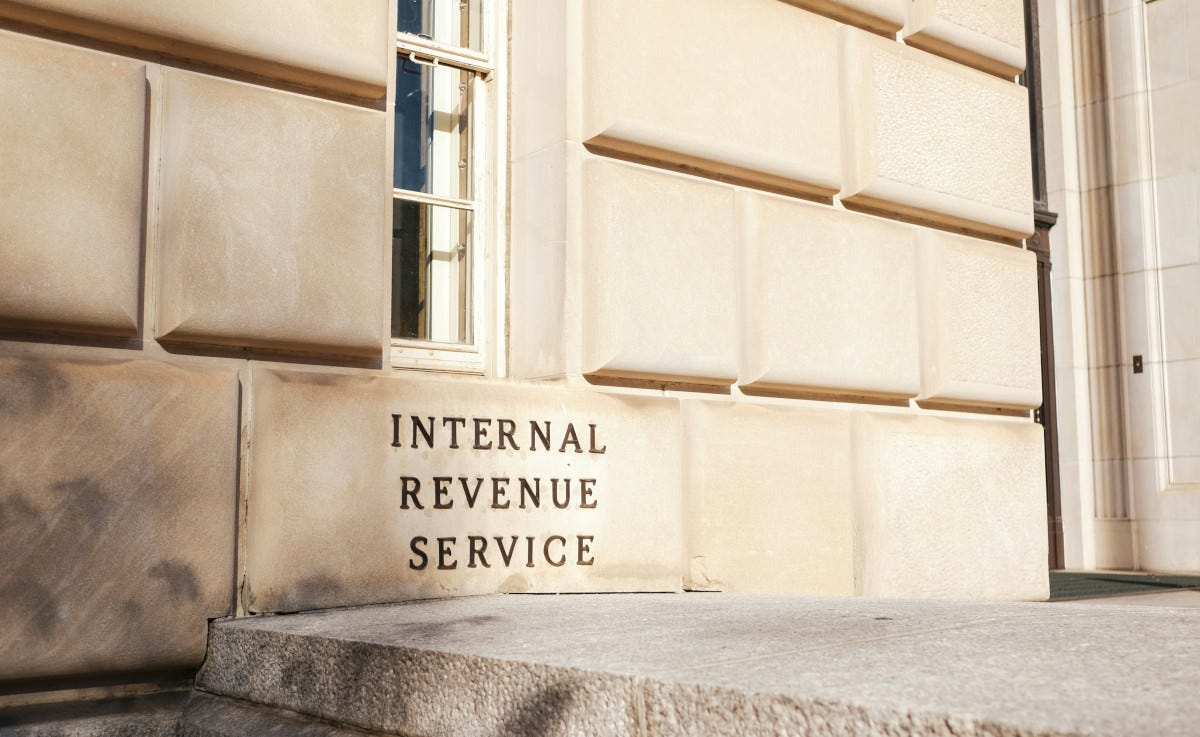Update: Group fights IRS determination that churches can endorse candidates
Americans United says agency is misinterpreting the Johnson Amendment

Since 1954, churches and other nonprofit organizations that fall under Section 501(c)(3) of the Internal Revenue Service code have been prohibited from participating in elections for public office. Because of the law, ever since then, with a few defiant exceptions, churches have refrained from endorsing candidates…


